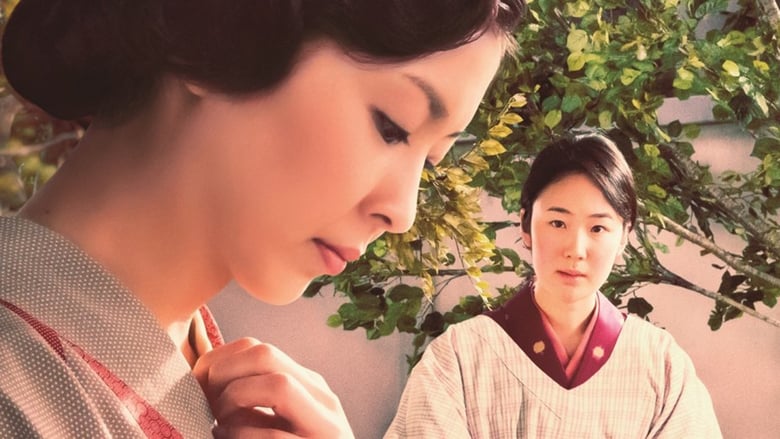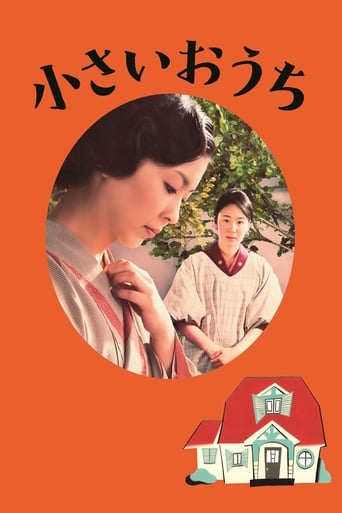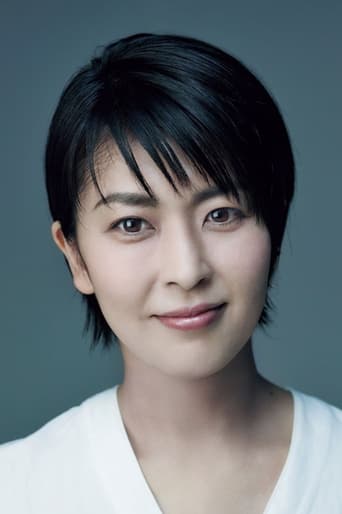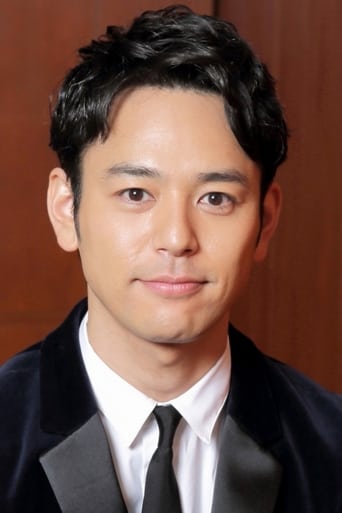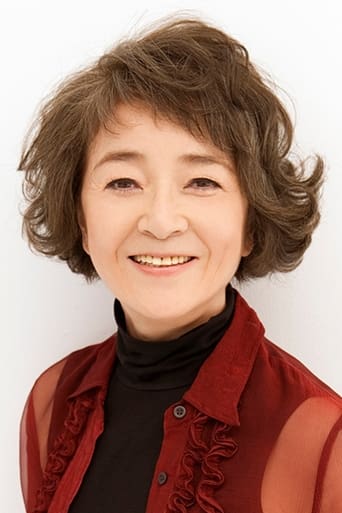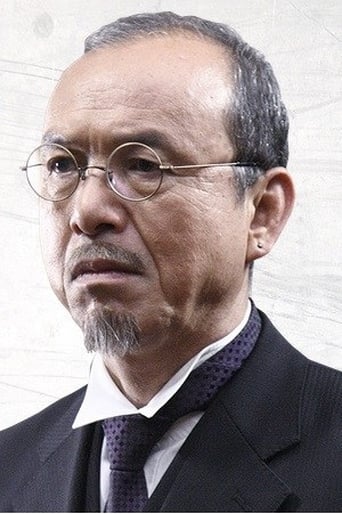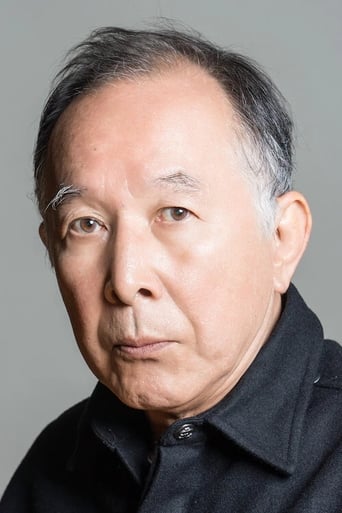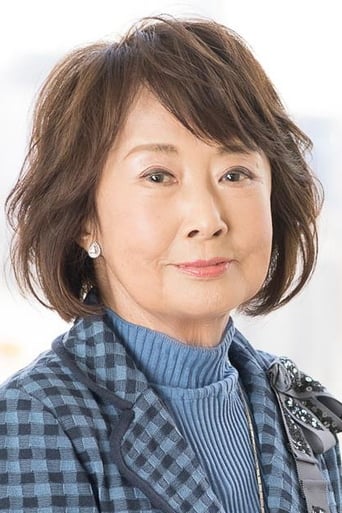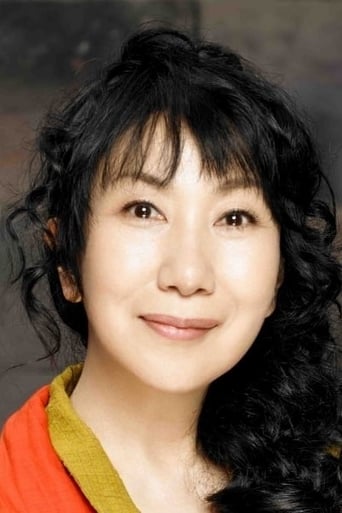Following the death of the unmarried and childless Taki, Takeshi, a young relative of hers, discovers several pages of closely written lines in which the old lady has recorded her memories. This is how he learns the truth about her youth working as a housemaid and nanny for the Hirai family in a little house in Tokyo with a red gabled roof.
Similar titles
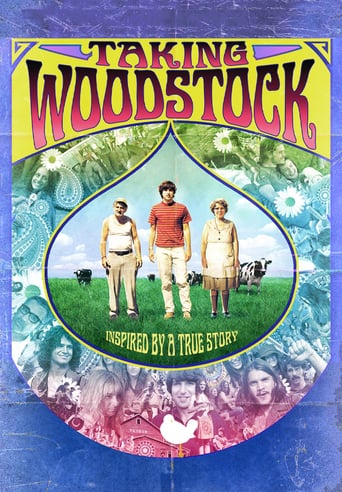
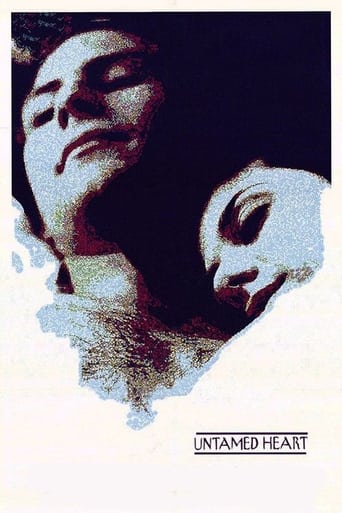


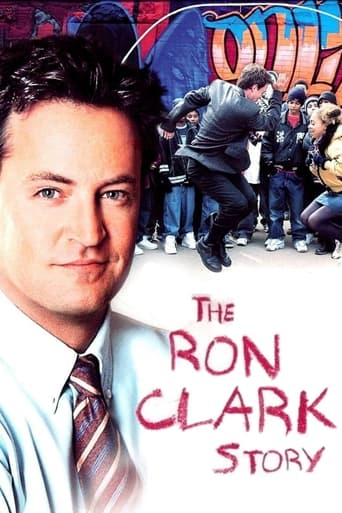
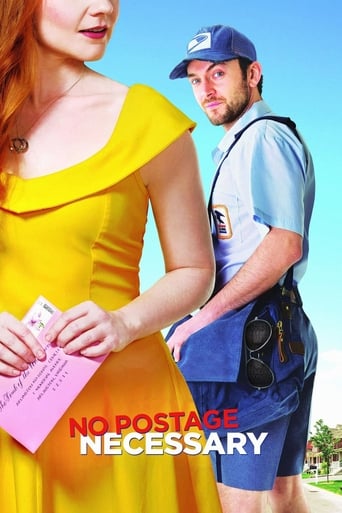


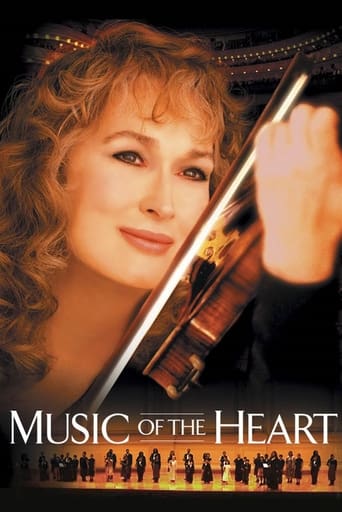
Reviews
The Worst Film Ever
Wow! What a bizarre film! Unfortunately the few funny moments there were were quite overshadowed by it's completely weird and random vibe throughout.
In other words,this film is a surreal ride.
One of the worst ways to make a cult movie is to set out to make a cult movie.
I had this movie earmarked for a long time, until I finally got a chance to see it today. I've seen few Yoji Yamada flicks before, to mention some of the best: "The Hidden Blade" (2004), "The Twilight Samurai" (2002) and "Love and Honour" (2006), so I had at least some idea what to expect. But this... - This movie is nothing sort of a masterpiece! In spite the fact that Yamada is one of Japan's most productive directors of all time, I still wasn't quite prepared. This movie is simply irresistibly at the same time heart breaking and heart warming, without forgetting this is pure eye candy on film. The film has only few sets outside the house, which is just appropriate, as after all, the movie is about the "little red house". However, what truly makes this film is the outstanding performance by Haru Kuroki. Watching her playing the maid is so heart warming that just watching her is enough to make grown men start crying. I mean really, she doesn't even need to deliver any lines! Mark my words, you will hear from this young actress in the future. I knew she had won the Silver Bear for best actress at the 2014 Berlin Film Festival, for her performance in this film, but I had no idea the role she played was this good! While watching her playing this modest, humble and loyal maid is something you will never forget. I can't even remember when I have seen a performance by an actress the last time, that would be even close to the sheer brilliance of this role. I think I will also need to have a look at some of the Yamada's older films, to see if there is anything I have missed.If you believe you could have an understanding and insight for Art House -films, but have never watched any before, this would work really well as an introduction to a larger world. What a simply wonderful movie!
Viewed at CineMatsuri 2015. Veteran Director Yoji Yamada provides a heart-wrenching story that moves back and forth over an 80 year span that he knows well, since he has lived through it! Painfully sad overall, but not maudlin, the film employs a conventional plot scenario: the recent discovery (with frequent surprises) of a diary written over many past decades by a recently deceased family member. In the hands of Master Director Yamada, this common story vehicle makes for a most uncommon photo play. It is a gripping (the viewer can not escape being pulled in--resistance is, indeed, futile!), emotionally jarring tale of an upper middle-class family that lived prior to WWII and died during the war (as "collateral damage"), and the pivotal role played by the family's maid who has survived (by leaving Tokyo in time), and, of course, is the diary's author. Most of the story takes place in a (relatively) little house on a hill in exurban Tokyo. It has a distinctive red-tiled roof, hence, is often referred to as the "little red house" through out the film. Direction is outstanding, and so is most of the acting. Actress Takako Matsu delivers a consummate performance as the bored and frustrated housewife. Cinematography (1.78 aspect ratio, color), lighting, and set design/decoration are excellent. Music lief motif is a bit on the French side, but quite good. Subtitles are often long, but linger sufficiently to be read without distracting from scenes. However (and regrettably), only above-the-line names are translated in the credits. Highly recommended. WILLIAM FLANIGAN, PhD.
I am reviewing this film just after re-watching it and then seeing Ozu's penultimate work An Autumn Afternoon. Unfair comparison perhaps, but Yamada's work is often considered an extension of the genre for which Japanese film masters have gained attention in world cinema. I rate it a 10 for effort beginning with Shochiku Studio still striving to finance this low key genre in the face of more box office-busting animation and glorified versions of TV shows. Yamada gets a 10 for attempting to film the award-winning novel that some have said is very difficult to present on screen. But I am rating it 5 based on film masterpieces.The set for the pre-WW2 comes across as totally artificial unless the art direction is to portray an idealized dream-like setting in maidservant Taki's imagination. As some critics remarked, the house and especially its kitchen looks unlived in. If the intent was an idealized setting, this might occur to the viewer after repeat viewings which very few people do. I have to see a film several times due to being initially distracted by subtitles. Being an architect I am a good judge of real building and the sheer technical inability of the house roof to keep out any storm water bugs me. Maybe it would have been OK had the red roof not figured so prominently in the script and the French title for the film. And what's with the film's depiction of the American bombing of Tokyo? It came across on the screen like a celebratory event instead of a tragedy. A big reason for my only average rating is the casting and the acting direction. Not enough age contrast between husband and lover. In the novel the husband is much older and this would have given more plausibility to the affair. The lover acted his part well enough, but Yamada alumnus Hidetaka Yoshioka is too old to portray the part. The acting direction of the modern portion is overwrought with forced emotion. Satoshi Tsumabuki is typically successful at conveying any emotion with the most subtle facial and body expression. Here he is forced to act in artificially enthusiastic way to make the relationship between grand aunt and grand nephew seem close. He came across as a rank amateur actor here. The script kept including references to "girlfriends" to counter Takeshi's seemingly artificial relationship with older Aunt Taki. The "biographer" would have been more plausible as female, but likely at the expense of the box office. I found the scripted ending overly dramatic for the secret it was to reveal. It did convey the idea of Japanese deference to privacy and propriety. But why did Takeshi's girlfriend have to pointedly ask permission to use the scissors? We westerners already find it odd that Japanese always use scissors to open envelopes. Too many tears were shed by Takeshi and Taki at the closing. Ozu just had his characters sit quietly with eyes downcast, but we got his message.
As an old woman composed her memoir of her early days as a domestic helper in Tokyo during the Second World War, her grandnephew discovered a long hidden secret which could change his outlook of life. The Little House is a great movie. It is warm and sad but fun. It scores on all counts: plot, script, acting and artistic direction. Nostalgically weaving in historic facts of the Sino-Japanese War in the 1930s to 40s, it is enjoyable while educational. I particularly like it contrasting grandaunt's memories with contemporary interpretation of facts so the audience can see both side of the same coin. The film starts with Taki (Haru Kuroki), a teenager from the snow-ridden Northeast Japan arriving at Tokyo to work as a domestic helper in 1936. While she lived comfortably and works hard at the Hirai family in the little house, Japan invaded China and started the Nanking massacre. But in Taki's sheltered life in the little house under the red tiles, her employer Mrs Tokiko Hirai (Takako Matsu)'s love life caused the young woman great turbulence and struggle. The artistic direction is excellent: to make it authentic, educational and nostalgic, the director Yoji Yamada throws in ration, marketing, manufacturing, black market of donkatsu (fried pork chop), omiai (match making), domestic helper, polio, new year celebration etc. to contrast between old and modern times, as well as war and peace time which makes the movie experience very enjoyable. But that's probably the original ideas of the novel writer Kyoko Nakajima who told the audience at a Hong Kong Book Fair seminar that she wanted to depict life in Tokyo during the war. The script and plot is what drive the movie. Looking at a well off family from the perspective of a loyal and industrious young domestic helper, we get a certain kind of objectivity while understanding the emotions of the various characters. We followed Taki into the Hirai family and learnt early on that a good helper's job is to keep the master's family intact.Obviously it is an anti-war movie where the author and director present through ordinary people's lives: Mr Hirai (Takataro Kataoka) and his colleagues from a toy company were more concerned with making and selling toys to Asia than understanding why Japan entered the war. The women are more interested in the butter sale which was set up to celebrate the capture of Nanking. There is a certain kind of parallel irony both in the war and how it affected ordinary lives. Very interesting contrast of historic events and their interpretation among laymen. In the core of all these, beautiful housewife Tokiko and her husband's young colleague Itakura (Hidetaka Yoshioka) found they had more in common such as music and movies and he offered more protection than her husband could.In the award-winning novel based on which this movie is made, the much older Mr Hirai is Tokiko's second husband. No wonder I kept wondering why this couple got married in the first place. It is also very possible that they did not have intimacy in their marriage. Therefore it became natural that Tokiko and Itakura felt for each other. But in those days, people tended to repress their feelings and oblige to social norms. Little Taki felt her mistress' affection for her handsome lover but also heard gossips from other people. She could not directly warn her master or mistress and could only bottle herself up. But the tension cannot be held when she knew the mistress is going to see her lover before he left for the war. She made an executive decision that could cause sadness and perhaps regrets on all parties.In her little but powerful way, Taki probably changed the fate of the couple but she kept the integrity of the Hirai family, who lived in a house she herself loved so much that she considered it her home and was reluctant to marry off herself. What is amazing is that she kept this secret all her life. Chieko Baisho made an excellent portrayal of an old lady recounting her glorious and bitter-sweet days. No wonder she said she lived for too long: it was prolonged suffering in keeping a long-held secret; she might feel guilty of destroying a beautiful and genuine love relationship; she might also thought she should be the one who died young because she has no one to love or be loved. She might feel her mistress loved and was loved and deserved to live long to enjoy this love. Even though Taki might think she did the right thing at that time, over the course of her life, she probably gradually realize the consequence of her action and her guilt and regret built up. It resonates so much to real life: we can only make decision based on the current situation and our expectation. But things always happen beyond our control and there always is no turning back and we just have to live with our decision.I totally enjoy this movie. It offers a glimpse into ordinary Japanese life during the WWII and portrays the absurdity of war as it ruins business, family and peaceful life. Comparing to Natsume Soseki's Sorekara, Tokiko and Itakura are braver in pursuing their love. I wonder how their affairs would evolve if there had not been a war. Even Tokiko's son seems to like Itakura. The direction and tempo is smooth. All the cast are excellent. Haru Kuroki is low-key yet powerful. Takako simply glows in her beautiful and slightly spoiled character. The Eternal Zero, another Japanese movie to condemn war, is shown around the same time but I like the Little House much more. There are more layers, more human, more sincerity, much better acting and much better script. Must see.
Top Streaming Movies











